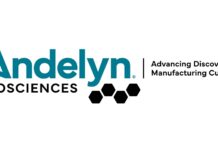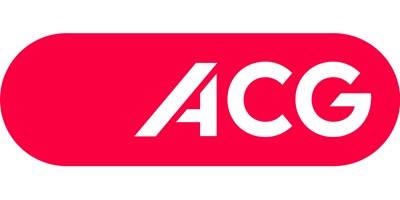As we see various verticals of pharmaceutical and healthcare progress and stamp their imprint, ACG has come out strong as the world’s most integrated provider of oral dosage products and services. Here we have three experts from the company offering their insights on the cellulose-based capsules and their adoption and ambit, considering that scientists are making utmost use of modern tech so as to optimize the development of the product. We also get to know how the oral drug delivery sector is moving towards an ethical, innovative future that is a result of some scientifically backed formulations. We get to throw some light on how 3D printing is all set to revolutionize the oral drug delivery systems and get a view on customized therapies as well as enabling tailor-made doses.
Dr. Subhashis Chakraborty, General Manager, Head – Global Product Management, ACG Capsules – ACG
“In 2025, advancements in manufacturing technology and polymer science are revolutionising the capsule industry, driving the widespread adoption of cellulose-based capsules. These innovations address raw material concerns, enhance API release and stability, and offer formulators significant advantages. As the limitations of gelatine become increasingly evident, scientists are leveraging modern technologies to optimise product development and adapt to shifting market demands.
The adoption of cellulose capsules continues to grow significantly. While costs may pose challenges, the industry’s focus on rapid market entry and first-time-right development underscores the advantages of vegetarian alternatives, which provide superior properties and reliable performance.
Global supply chain stability and environmental sustainability remain top priorities. Coupled with instability in the capsule manufacturing market, these factors highlight the risks of relying solely on traditional brands. For the healthcare industry, securing a sustainable capsule supply has never been more critical in navigating these evolving challenges.”
Manali Dalvi, Lead Research and Development, ACG Capsules, ACG
“As we look to 2025, nutraceutical oral solid delivery systems are being redefined by two transformative forces: the rise of clean-label, sustainable formulations and the growing demand for clinically validated branded ingredients. Consumers now prioritise products free from artificial additives and expect high-quality, traceable ingredients in tablets, capsules, and soft gels. Transparency and ethical sourcing have become non-negotiables, helping brands build trust and stand out. This trend aligns with stricter regulatory standards from bodies like the FDA and EFSA, encouraging natural ingredient use and greater transparency. Simultaneously, branded ingredients supported by robust clinical evidence are revolutionising key health categories, such as immune support and cognitive health.
As consumer expectations and regulatory demands converge, the industry is advancing toward a future of innovative, ethical, and scientifically backed formulations”.
Dr. Jnanadeva Bhat, Vice President, Head – Formulation R&D Pharma and Nutra at ACG
“3D printing is poised to revolutionize oral solid drug delivery systems, bringing precision, personalization, and innovation to the forefront of pharmaceutical development. This technology meets the growing demand for customized therapies, enabling tailored doses, intricate geometries, and advanced drug-release profiles. Notably, it facilitates the delivery of highly potent drugs, such as anti-cancer treatments, by balancing efficacy with minimized toxicity. 3D printing also enables the production of polypills, combining multiple active ingredients into a single dosage form, improving adherence and outcomes for chronic disease patients.
By supporting controlled, delayed, and immediate drug-release mechanisms, this technology optimises treatment regimens. As regulatory bodies adapt to these advancements, 3D printing will reshape the future of oral solid delivery systems, offering more personalised, efficient, and patient-centric healthcare solutions.”





















